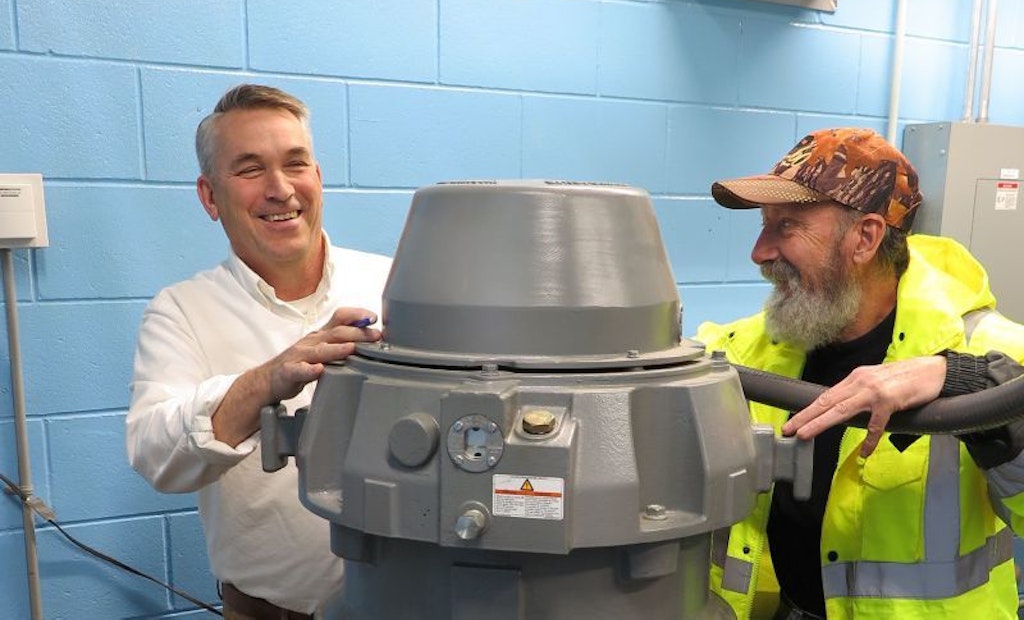Interested in COVID-19?
Get COVID-19 articles, news and videos right in your inbox! Sign up now.
COVID-19 + Get AlertsAlthough Thomas Orcutt has never dealt with a public disaster as big as COVID-19 before, he knows the drill. Plan ahead. Stay Calm. Answer the phone.
In mid-March, as the coronavirus alarm began to sound in earnest in this country, town officials in Groton, Massachusetts, (a suburb of Boston) formally declared an emergency and closed town buildings. By March 24, Gov. Charlie Baker had issued a stay-at-home advisory for the citizens and nonessential businesses in the state.
Meanwhile, a few administrators went to work at the Groton Water Department answering phones and work computers in an otherwise empty office. Orcutt — the superintendent of the water department and a 45-year veteran in the water and wastewater industry — was one of those answering calls.
“The water operations will continue to function, just in a different manner than we are used to,” Orcutt said at the time. Other office staff functioned remotely, occasionally stopping by the building. Field techs discontinued in-person contact with water customers. Schedules were revamped with planned work postponed for 30 days. All in all, it’s the kind of orderly response the city’s 4,963 customers rely on.
While Orcutt says he’s never previously worked on an emergency declaration of this magnitude, he is no stranger to dealing with public emergencies. As a first responder, he serves on Groton’s Emergency Planning Committee.
“We have planned for numerous emergency events, such as flooding, blizzards and hurricanes, but not to this level. The committee has only been activated a handful of times over the course of my 20-plus years here in Groton.”
He also is a committee member on the statewide MaWARN system, which links water and wastewater associations in the state for mutual aid during natural or man-made situations that threaten public health.
“Having a written plan and going through training exercises helps calm emotions for all staff members when and if a plan needs to be implemented,” says Orcutt.
In other words, developing solid strategies and procedures ahead of time, and practicing good communication with staff and customers, is crucial for dealing with public disasters like these.
The Groton Water Department is the subject of an upcoming feature profile in the June edition of Municipal Sewer & Water. So stay tuned for more from this small Massachusetts water utility and learn how it takes a progressive approach to new technology to improve its efficiency.






